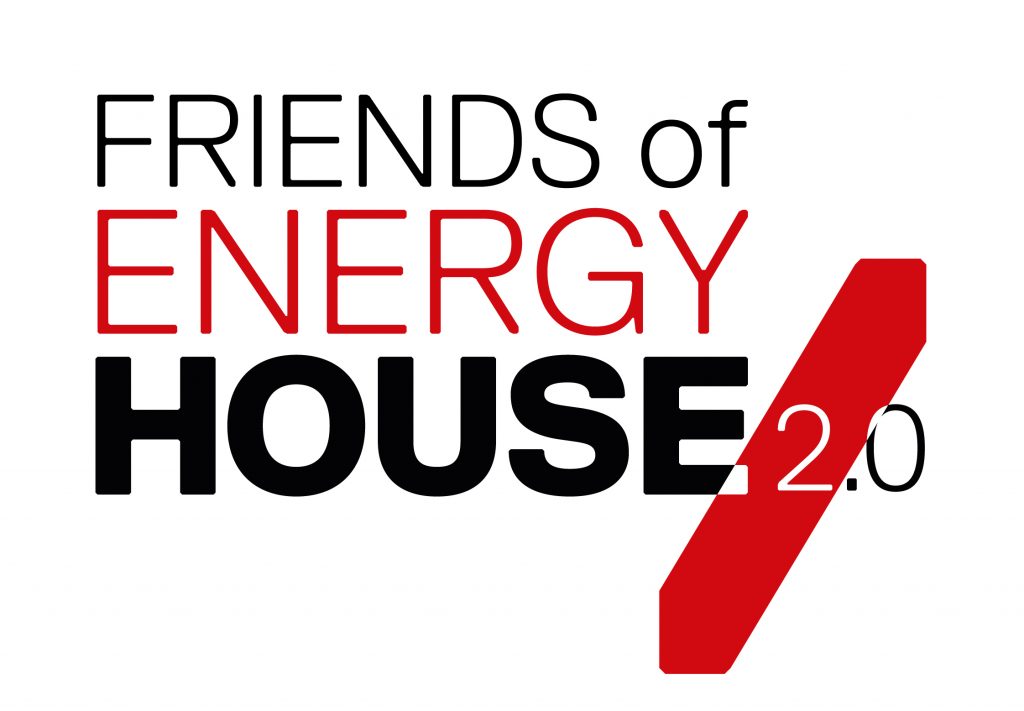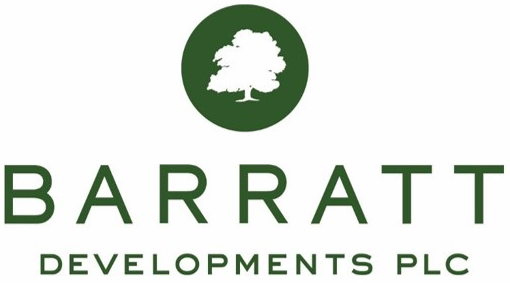Friends of Energy House 2.0
The University of Salford is now in its third year of the Friends of Energy House 2.0 programme. This initiative is a community of like-minded businesses and individuals who are committed to accelerating our efforts towards net-zero at the world leading Energy House 2.0 facility. The key mission of the network is to raise awareness and increase the impact and activity of Energy House 2.0. and Energy House Labs.
Energy House 2.0, which was part-funded by the European Regional Development Fund, is a one-of-a-kind, world-leading research facility that is forging the way in making our buildings carbon neutral. The built environment accounts for 40% of the UK’s carbon footprint; to achieve net-zero by 2038 in Greater Manchester, we need to be building better and building smarter. Energy House 2.0 will facilitate a step-change in the design of buildings, such as our homes, helping us to live more sustainably in low carbon environments.
Friends of Energy House 2.0

Harnessing the influence and research of Energy House 2.0, the work of the Friends centres around an Impact Fund, and developing a sustainable talent pipeline. The Impact Fund supports, finds, and finances initiatives and projects that extend the expertise and activity of the facility located at the heart of the University’s campus directly into the community.
To become a Friend of Energy House 2.0, we required a philanthropic donation of (minimum) £10,000. This could be directed to either our Friends of Energy House 2.0 Impact Fund or scholarships and bursaries.
Talent Pipeline:
To meet the UK’s climate target, every major sector in the UK needs to close a significant skills gap. According to the Green Alliance Policy Insight on ‘Closing the UK’s Green Skills Gap’, (Jan 2022) the sectors with the most pressing emissions reductions by 2030 face the most immediate skills shortages, including housing and transport. To reach net-zero, almost all the UK’s current housing stock needs to be retrofitted with energy efficiency measures and low carbon heating systems. The biggest challenge to this is the shortage of skilled workers. Estimates show that around 300,000 new skilled workers are required to meet the skills gap.
We work with our network of industry partners to develop a portfolio of Scholarships & Studentships to attract, retain and inspire more talent into relevant education and career pathways for a sustainable construction sector, with a particular focus on home-growing a workforce in the North West of England.
We sought philanthropic donations to support students, across all levels of study, in the following programmes:
/ BSc Physics
/ BSc Building Surveying
/ BSc Architectural Engineering
/ BEng Electrical and Electronic Engineering.
/ BEng Mechanical Engineering
/ MSc Sustainable Buildings
/ PhD Studentships in Energy Efficiency
Impact Fund
The Impact Fund is designed to support areas critical to the advancement of our national and global move towards net-zero, funding projects that focus on the following areas:
1) Diversification of the energy efficiency workforce
In the UK alone, there is a need for 400,000 roles within the Net Zero Energy Workforce over the next 30 years, which will require new individuals moving into the sector. There is also a demand to diversify the workforce – a PWC and POWERful Women report released in May 2021 found that only 18 the top 80 UK energy companies they surveyed had any female executive directors, and across the renewable energy sector, women make up just 32% of the workforce.
To help diversify the sector, we will fund a new PhD Scholarship at the University, specifically focused on attracting and supporting more females in the STEM and energy efficiency sectors.
2) Educational outreach programmes
We heard from young voices across the globe, through the Mock COP26 Declaration, demanding better education on climate change in Schools. Research conducted by YouGov and Oxfam found that 75% of teachers feel they haven’t received adequate training to educate students about climate change and 69% think there should be more teaching about it in schools.
To help equip young people with the skills, knowledge, and tools they need to learn about, question, and tackle some of the big challenges around green energy and climate change, by funding non-profits to deliver educational outreach projects across the region.
3) Supporting student and local community initiatives for future learning
We will also support local sustainability initiatives driven by our students or those within the Salford or Greater Manchester community to raise awareness and accelerate the work of Energy House 2.0.
In 2024, the Friends of Energy House 2.0 awarded funding to three projects focused on raising awareness about sustainability. These projects were evaluated by the Friends against various criteria, including overall impact, value for money and long-term sustainability.
University of Salford’s, Silvia Tedesco: Greener Houses of the Future aim to engage year 5 children from deprived Salford areas, introducing sustainable development, green building practices and renewable retrofitting. Students will explore carbon footprints, bio-based materials, and energy/water-saving technologies. The project aims to highlight how engineers reduce building carbon footprints while inspiring future responsible citizens. The children will design and build miniature eco-friendly houses with various materials and basic monitoring sensors.
Rossendale Valley Energy: Net Zero Terrace Houses – Salford aims to make homes more energy-efficient and sustainable by using a standardised and modular process. The project seeks to share its findings and learnings with the community of Salford. To achieve this, they have conducted research and plan to engage the community through a series of workshops and webinars over the course of one year.
The Country Trust: Food Discovery at St Joseph’s aims to deliver a Food Discovery programme to a class of children from St Joseph the Worker RC Primary School in Salford. Through the programme they will discover that their own health and wellbeing and the health of the planet are inextricably linked. They will develop a toolkit to set them up to be eco-literate citizens who are equipped with the skills, knowledge and passion to make informed decisions.
Our Friends




To hear more from our Friends, please click here.
Get Involved
Becoming a Friend of Energy House 2.0 is a public commitment to helping the fight against the climate emergency and towards the ambition of net zero.
If you are interested in becoming a ‘Friend’ in the future, please contact:
Nicola Whyley, Strategic Development Manager: N.Whyley@salford.ac.uk
Hannah Whitehurst, Development Manager – Major Gifts: H.C.Whitehurst@salford.ac.uk.
The University of Salford was granted the status of an exempt charity by a Statutory Instrument passed in May 1967.